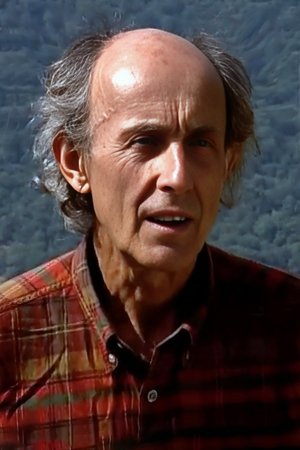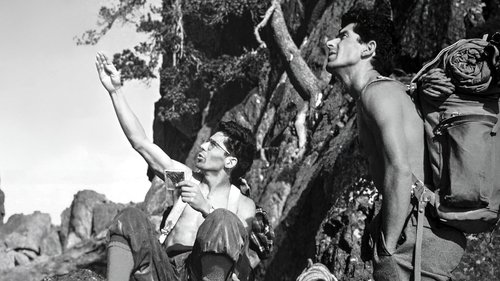
Paul Bonnenfant is a former research director at the CNRS, associate researcher at IREMAM and CEFREPA. Also a photographer and Pyrenean climber, he achieved many firsts in the Pyrenees, some of which with Paul Mortier, Jean and Pierre Ravier and other local climbers. Preparing a degree in sociology at the Faculty of Letters in Bordeaux at the end of the 1950s, he studied during the Algerian War of Independence, which was, at that time, "the" subject that everyone was talking about in universities. At the end of his degree, in 1960, one of his professors mentioned the wish of the Compagnie française des pétroles (Algeria) to study the impact of its establishment on rural and Bedouin life in the Sahara. The company was looking for a student who, under the supervision of the professor, could conduct this study. PB was immediately attracted by the idea of going to Algeria as a civilian, at a time when hundreds of thousands of young French people of his age were leaving as soldiers. He was, in fact, seduced by the project of taking a "civilian" look at the various transformations that the arrival of the oil companies had brought about. Accomplished in a particularly difficult political and social atmosphere, this stay in the Sahara was nevertheless decisive. Paul Bonnenfant's passion for the culture of the Arab and Muslim world then took root. Raised in strict Catholicism, he was fascinated by the idea of discovering another monotheistic religion, Islam. The fact that this Islam developed in particular around the common cultural heritage of the Mediterranean also seduced him, through the encounter of the Semitic heritage with the Greek, Roman and Byzantine heritages. A final reason, but not the least, was the taste for wide open spaces. He was passionate about this civilization that was new to him and decided to specialize in the sociology of the current Arab world. He then began learning Arabic, first in Bordeaux, then in Lebanon and Tunisia. Paul Bonnenfant studied the relationships between housing and social structures, focusing on field research in the Arabian Peninsula, a region in which he is a specialist. Since 1990, he has been particularly interested in the study of vernacular architecture in this region, because it is both beautiful and very threatened by economic developments. Particular interest is given to Yemen, whose immensely rich historical and cultural heritage is in great danger. He has published six books on three cities classified as UNESCO World Heritage Sites, Sanaa (1987, 1989, 1995), Zabid (2004, 2008) and Jeddah (2019). He is currently preparing a book on domestic decoration in the cities of Hadramawt. After having bequeathed his specialist library, PB decided in April 2011 to gradually donate his photographic archives to the MMSH media library.
